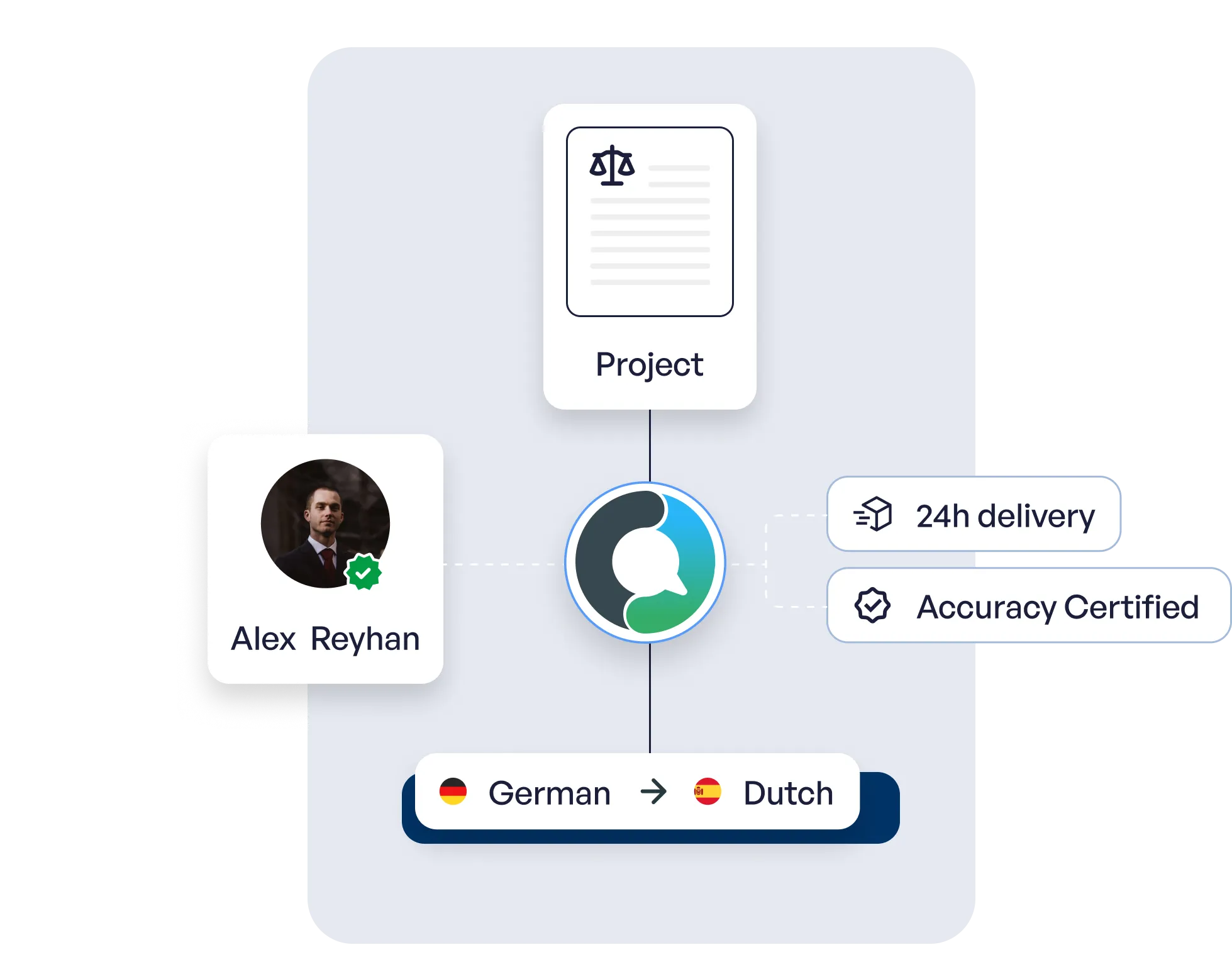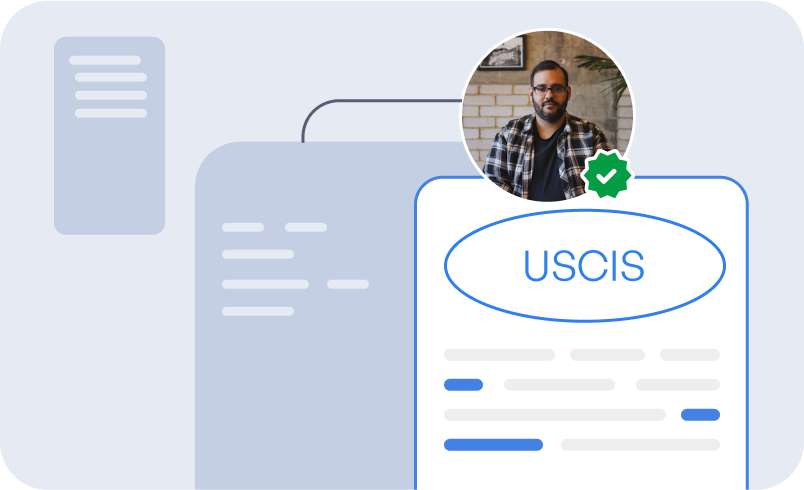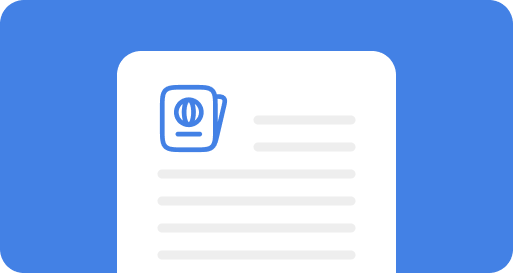Dutch translation service
Looking for a Dutch translation agency? We provide accurate translations by expert translators at affordable rates with a 24-hour turnaround.

Our translation pricing
Get your documents translated to or from any language. We offer three plans with the ability to add on services at checkout if you need faster delivery, notarized, or mailed physical copies.
Standard Translation
Our intelligent platform matches your project to an expert translator specialized in your language pair and use case. Get precision and accuracy across a variety of formats when you don’t require a certificate.
Certified Translation
Receive a word-for-word translation from an accredited translator, which comes with a dated, and signed certification statement as required by universities, courts, and government agencies. Express delivery, notarization, and mailed hard copies available.
Enterprise
Custom-fit our document translation services to your business. This fully managed offering empowers seamless order and delivery across any complexity or volume of translations.
How our document translation process works
Our user-friendly platform ensures high-quality translation using a proprietary process with multiple layers of human review and built-in quality assurance to achieve the highest, consistent accuracy for your translations.
Elite human translator
Our platform intelligently matches you with a professional translator we’ve vetted and tested for specialized experience in your industry and use case to complete your translation.
Built-in quality assurance
Automated validation of translation for spelling, grammar, and against our industry and use case guidelines.
Experienced editor
A second human translator edits and proofreads for word choice, syntax, and against industry- and use-case-specific standards.
Dedicated project manager
For enterprise clients, your project manager will review for quality and to validate adherence to your requirements.
Client approval
We deliver your translation for your review and provide unlimited free revisions until you’re 100% satisfied.
Our platform intelligently matches you with a professional translator we’ve vetted and tested for specialized experience in your industry and use case to complete your translation.
Automated validation of translation for spelling, grammar, and against our industry and use case guidelines.

A second human translator edits and proofreads for word choice, syntax, and against industry- and use-case-specific standards.
For enterprise clients, your project manager will review for quality and to validate adherence to your requirements.
We deliver your translation for your review and provide unlimited free revisions until you’re 100% satisfied.

Translations for any use case
We’ll pair your advertising translation project with a highly trained subject matter expert specialized in your use case.
What documents do we translate?
We offer standard and certified Spanish translations for a range of documents and digital formats.
Professional translation services for any industry
Translators with subject-matter expertise ensure accurate, high-quality translations that are fast, reliable, secure, and convenient — at any volume.
Languex is trusted and recognized language excellence for 10,000+ happy customers
















